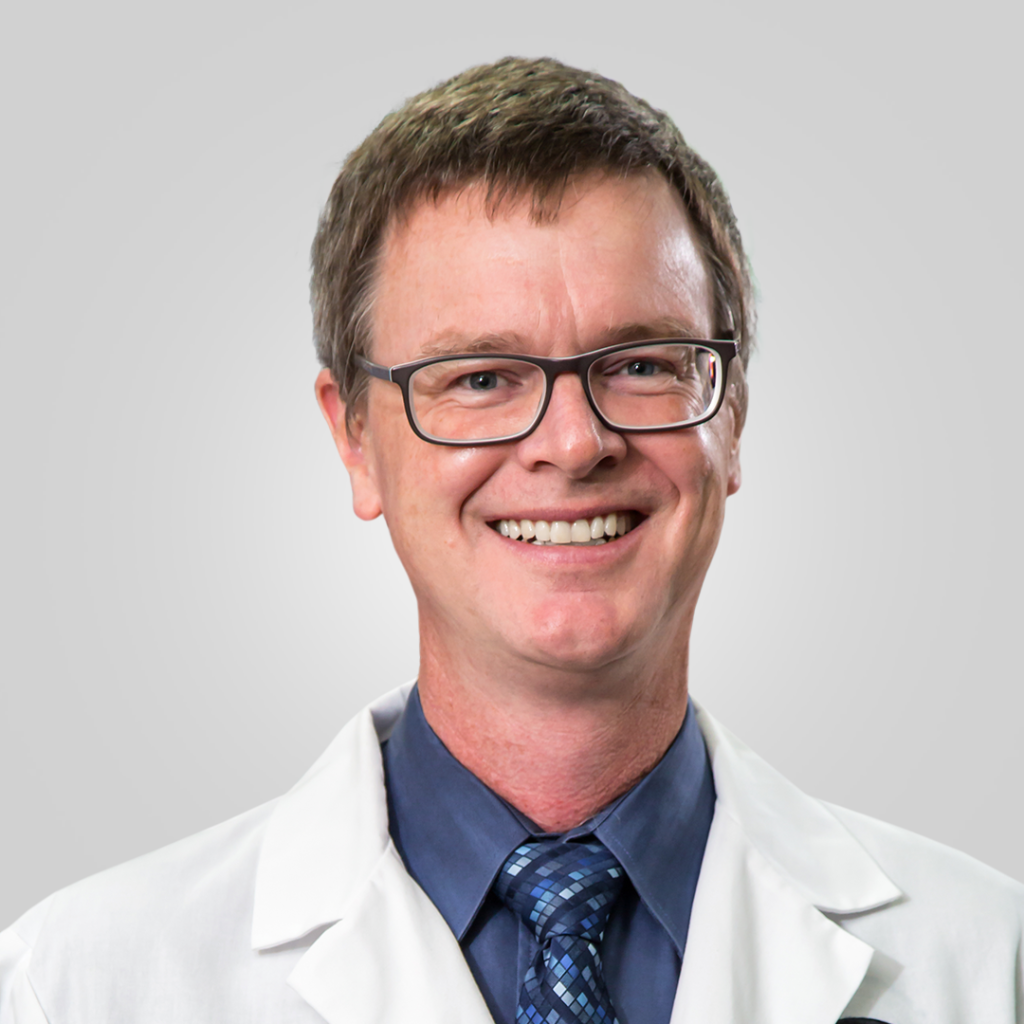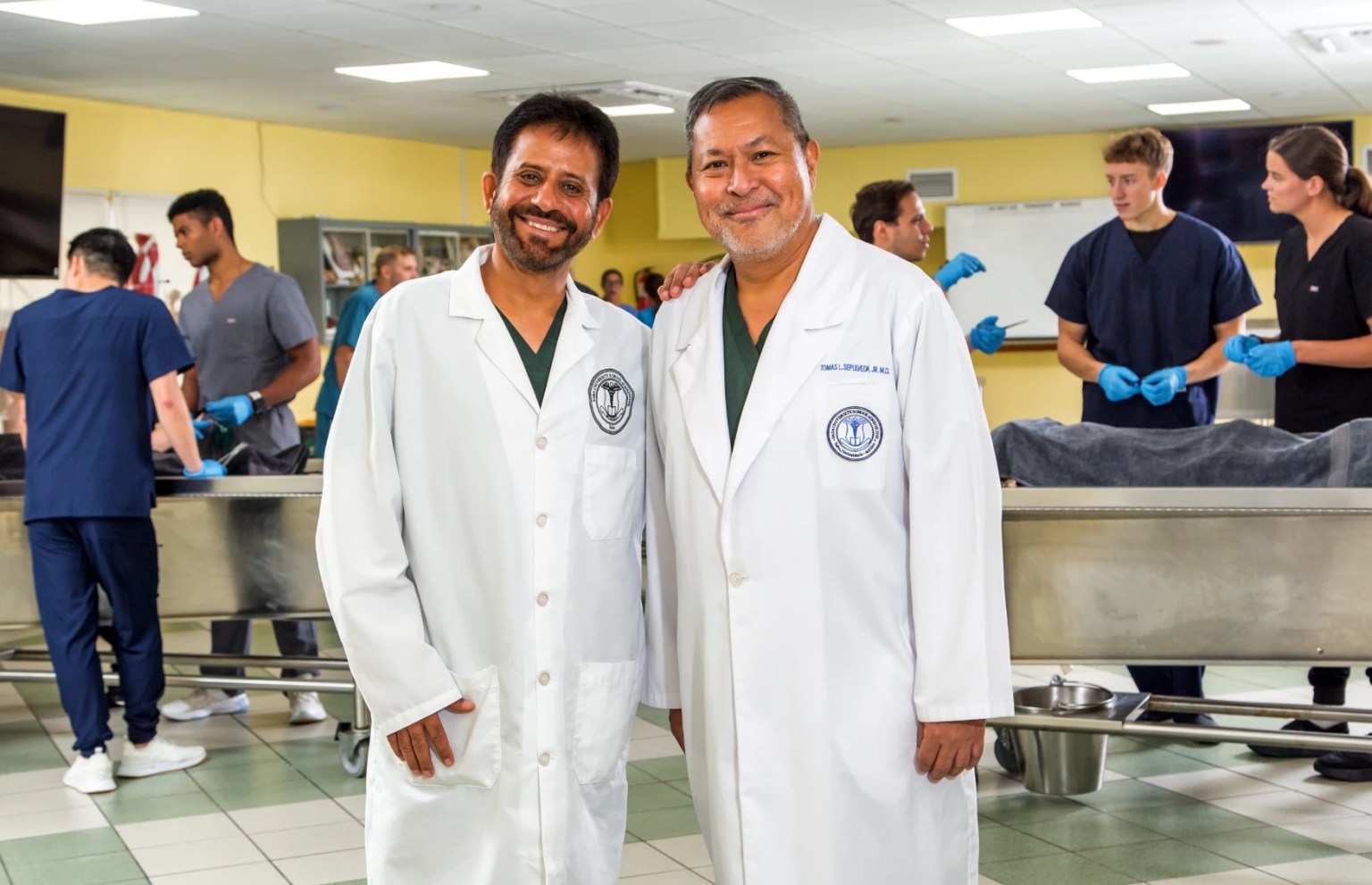
Vaughn E. Huckfeldt Jr.
School/Division: Behavioral
Courses: Medical Ethics
Get to know Saba University School of Medicine at an event!


Vaughn Huckfeldt, PhD, is the Director of the Center for Student Learning, and had previously served as the Assistant Dean of Student Affairs. He is committed to the mission of Saba, which is to provide the opportunity to all students to become practicing clinicians. He sees the strength of the school in its small size, helpful atmosphere, and personal connections. He is focused on helping students succeed and grow both academically and personally so that they can excel in caring for their future patients.
He has published on topics in ethics and pedagogy, including applications in the ethics of human subjects’ research. His primary area of research has been the intersection of prudential and ethical reasons for action. He has presented at local and national conferences, in addition to organizing conferences and symposia.
Dr. Huckfeldt has been recognized as an excellent teacher at multiple institutions and has worked to redevelop curricula and design course pedagogy based on evidence-based best practices, as well as his decades of experience as a teacher. He believes that the best teaching should excite students about material and should focus on developing a conceptual understanding that can be applied through activities such as analysis of cases.
Dr. Huckfeldt has lived on Saba for many years, and he enjoys the people of the island, hiking through Saba’s beautiful hills and trails, and diving its beautiful coral reefs.
“It has been my pleasure and privilege to teach at Saba University School of Medicine for the last 10 years. I value providing students with the opportunity to become practicing physicians, particularly students with backgrounds that don’t match the ideal for U.S. or Canadian medical schools. It’s rewarding to see my students go on to help patients, knowing that I helped those students succeed. Part of what makes Saba different is its smaller size. At Saba the small classes mean I really get to interact with my students and get to know them, so I feel proud when I watch them match into a residency. I also really enjoy that my students come to me for support. I like spending time in office hours helping them to work through patient vignettes or clarify a concept. Meeting with a student who started off struggling, and then watching that student go on to excel, is part of what makes me feel that I make a difference.”
Publications with Students:
“It has been my pleasure and privilege to teach at Saba University School of Medicine for the last 10 years. I value providing students with the opportunity to become practicing physicians, particularly students with backgrounds that don’t match the ideal for U.S. or Canadian medical schools. It’s rewarding to see my students go on to help patients, knowing that I helped those students succeed. Part of what makes Saba different is its smaller size. At Saba the small classes mean I really get to interact with my students and get to know them, so I feel proud when I watch them match into a residency. I also really enjoy that my students come to me for support. I like spending time in office hours helping them to work through patient vignettes or clarify a concept. Meeting with a student who started off struggling, and then watching that student go on to excel, is part of what makes me feel that I make a difference.”